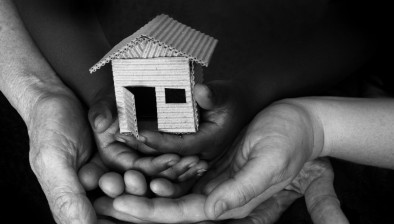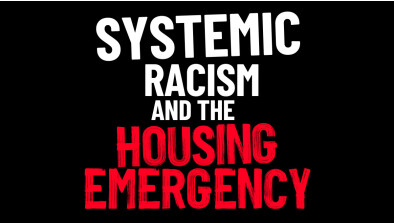Landlords challenged to recognise trafficked tenants

Landlords and letting agents are being urged to watch out for trafficked tenants.
Police Scotland and the Scottish Business Resilience Centre (SBRC) have launched a major initiative calling on landlords to take responsibility for those living under their roofs, with trafficked people likely to be living in rented accommodation.
The move is part of a wider crackdown on human trafficking in the UK, with the Scottish Government considering the introduction of new legislation to deal with what one senior officer described as a “challenging crime”.
The past two years have already seen the successful introduction of the Modern Slavery Act 2015 by the House of Commons and the Human Trafficking and Exploitation (Criminal Justice and Support for Victims) Act (Northern Ireland) 2015 by the Northern Ireland Assembly.
Mandy Haeburn-Little, director of SBRC, said: “The sad fact is that all the individuals trafficked into Scotland must live somewhere.
“It can be a particularly difficult problem to monitor, as any application for tenancy will only mention a few names, whereas in reality, properties can be overcrowded with trafficked workers.
“A landlord’s suspicions can arise from anywhere and information passed on could help police with the final piece in a jigsaw on a suspect residing in that property.
“There are also many business implications with trafficking, firms operating illegally automatically place pressure on honest competitors who pay a fair wage and tax.”
Detective chief inspector Ruth Gilfillan, of Police Scotland’s Human Trafficking Unit, added: “Trafficked people are forced to work in a number of ways including in hotels, as we saw recently, in cannabis cultivations, in nail-bars or in prostitution.
“Often they are hidden from view of the general public. They are vulnerable and they are at risk of harm. Many of our recent investigations involve people forced into sex work, most of which now takes place off street in flats and houses, the majority of which are rented.
“A significant amount of work has been undertaken, both nationally and locally, to improve understanding of trafficking within Scotland and in relation to the ‘journey’ of a victim, it is clear to us that privately rented flats feature consistently, either as a place victims are placed or worse, exploited.”







